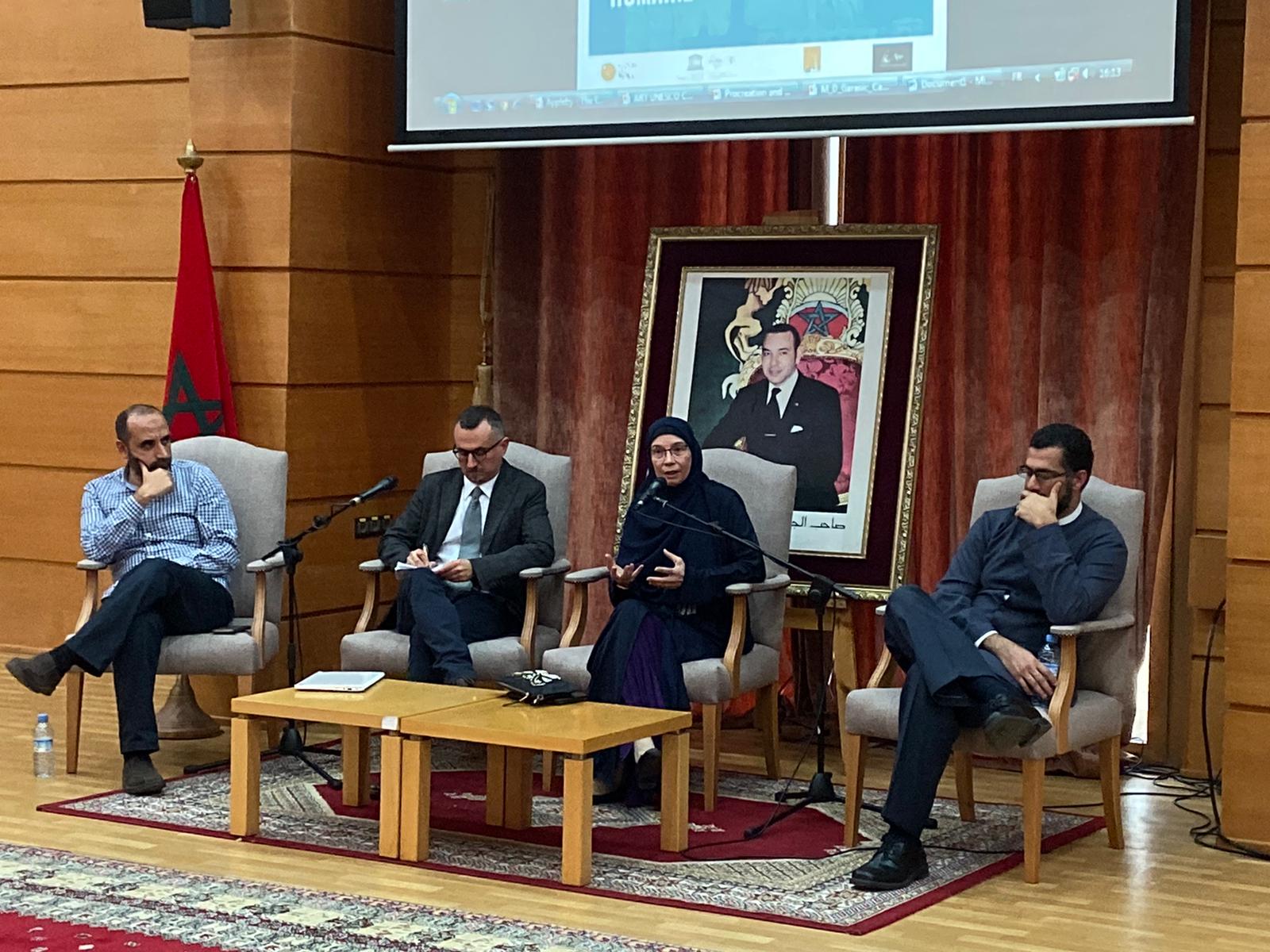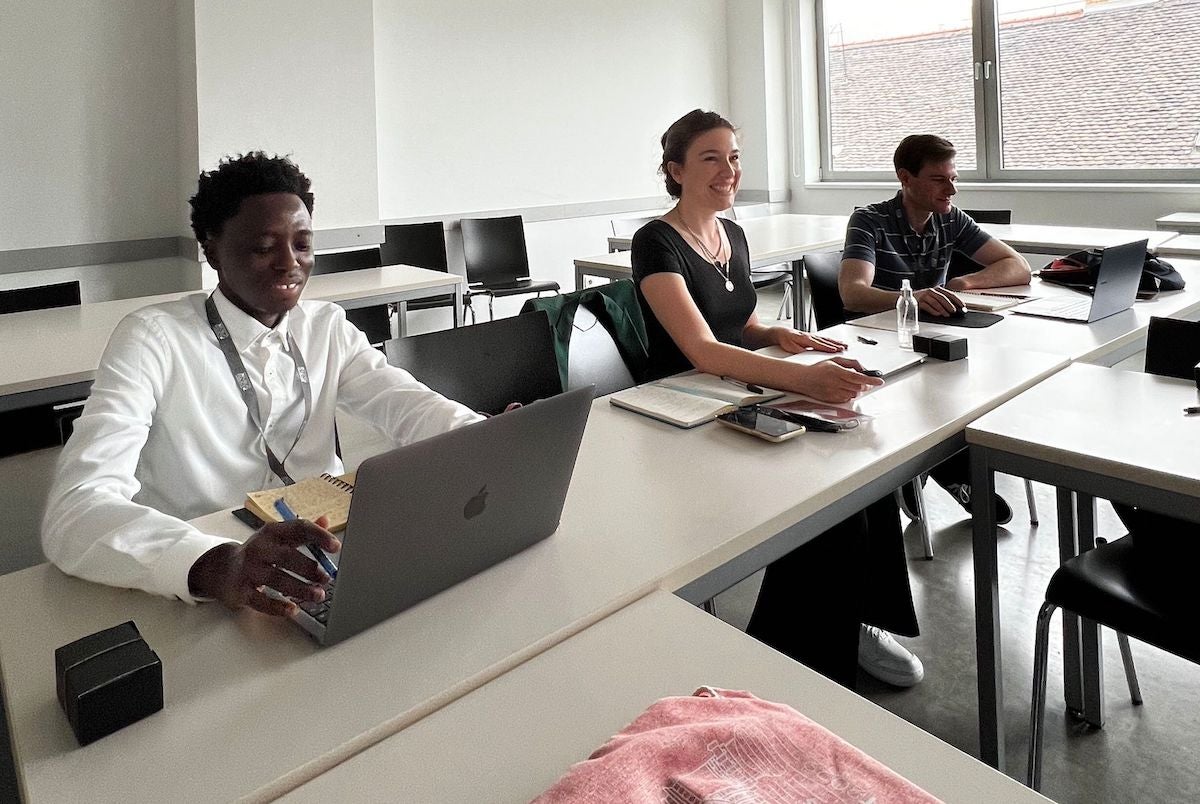HBKU contributes as an academic partner of the premier Harvard Islamic finance conference
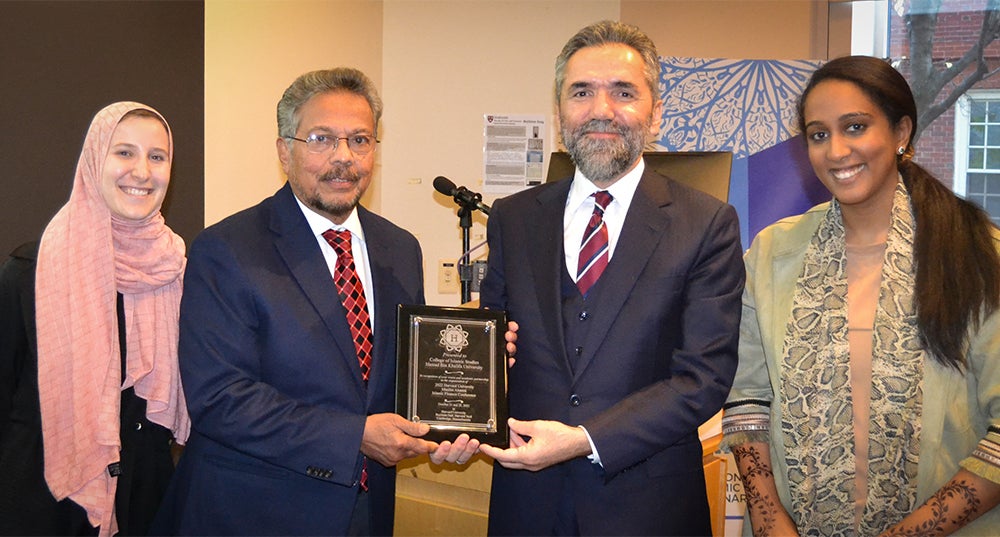
The College of Islamic Studies (CIS) at Hamad Bin Khalifa University (HBKU) was an academic partner of the 2022 Harvard University Muslim Alumni (HUMA) Islamic Finance Conference. It was held on the Harvard campus on October 21-22 under the theme Waqf and Philanthropic Foundations: Shared Values for Socio-Economic Development.
The 2022 edition of the premier faith-based finance conference in the United States marked its 25th Silver Jubilee Year, once again gathering academics, professionals, philanthropic foundations, and community leaders of waqf from across the world to forge networks and deepen engagement. Scholars deliberated on philanthropy and charitable endowments through a social impact lens.
Representing HBKU in this critical dialogue were Dr. Recep Şentürk, Dean of CIS, and Dr. Syed Nazim Ali, Director of the Research Division and the Center for Islamic Economics and Finance (CIEF) at CIS. Dr. Emad El-Din Shahin, Alshawwaf Visiting Professor in Near Eastern Languages and Civilization at the Center for Middle Studies, Harvard University, and Professor of Islamic Studies at HBKU, moderated a plenary session on “Waqf: Current Landscape and Developments”.
Dr. Şentürk discussed the imperative role of waqfs and promoting philanthropy through religion. He encouraged adopting an epistemological and moral approach to create sustainable development and to adapt altruistic values through the lessons learned in the history of the Quran and the Sunnah of the Prophet Muhammad (PBUH).
Speaking at the conference, Dr. Syed Nazim Ali said: “CIS is pleased to be part of this distinguished platform through our annual collaboration with HUMA, especially during the forum’s Silver Jubilee. I am extremely grateful for the vision of CIS in extending its academic support for a conference that I had initiated at Harvard since 1997. This preeminent conference has made a mark internationally and, with each edition, evolves to keep pace with the contemporary trajectory of Islamic finance and economy, and its nascent role in meeting development needs. This year’s thought-provoking discussions have again provided an international context for our Islamic finance scholarship at CIEF and CIS, which aims to provide contextual maps for ethically grounded economies.”
Keynote speeches, plenaries, and TED-style talks covered the effectiveness of philanthropic entities, as well as leveraging charitable giving and cash waqf to address societal needs and make an impact on the ground. Notable thinkers like Omar Suleiman, founder and president of Yaqeen Institute for Islamic Research (USA), and Rashad Hussain, United States Ambassador-at-Large for International Religious Freedom, graced the event with their addresses.
In its vibrant 25-year history, the faith-based conference has hosted a Nobel Laureate, high-ranking government leaders, and Islamic finance industry stalwarts, and generated a significant body of scholarly papers.
Lana Idris, President of the Executive Board of HUMA, commented: “We extend our appreciation to HBKU for their collaborative role as an academic partner. The presence of HBKU faculty among many other learned scholars profoundly expanded our discourse and provoked ideas for innovative avenues of research. It also served the wider purpose of HUMA, which is building a network of scholars engaged around ways for the Islamic finance industry to make a meaningful impact.”
For more information on the programs at the College of Islamic Studies, please visit cis.hbku.edu.qa
Related News
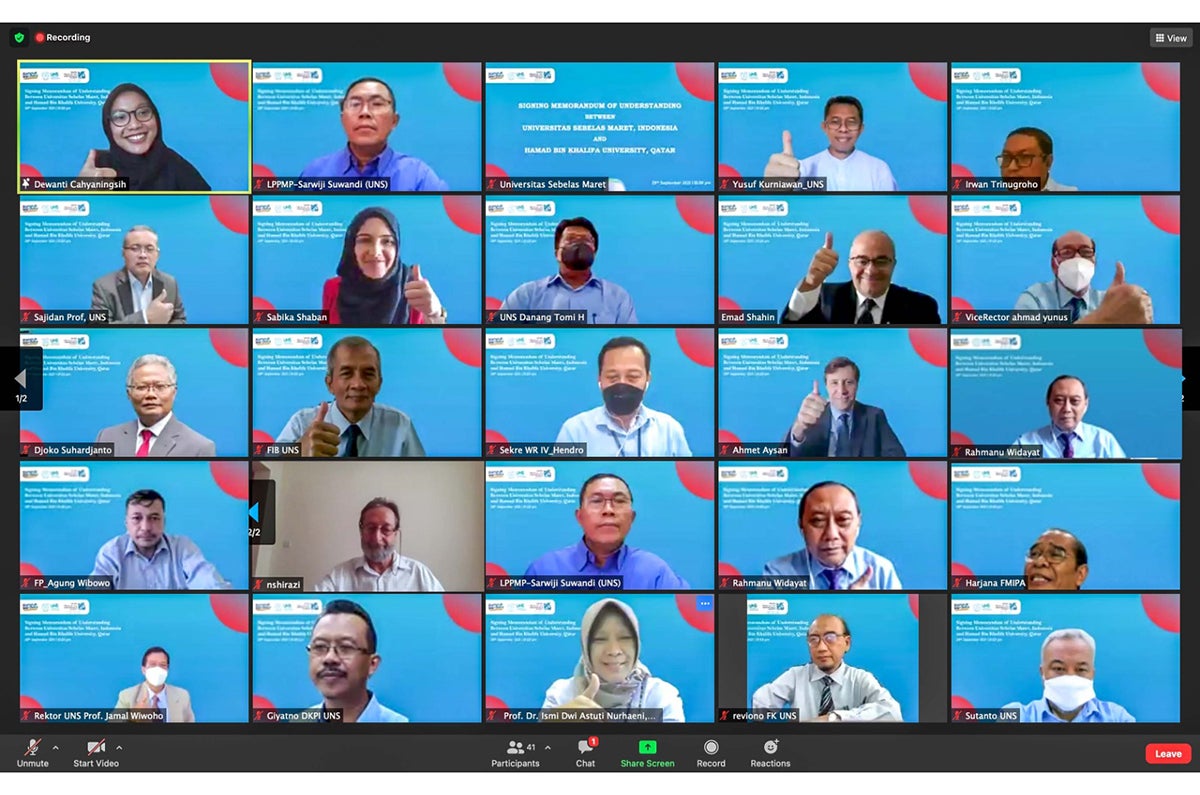
CIS and Indonesia’s Universitas Sebelas Maret Agree to Strengthen Academic Ties
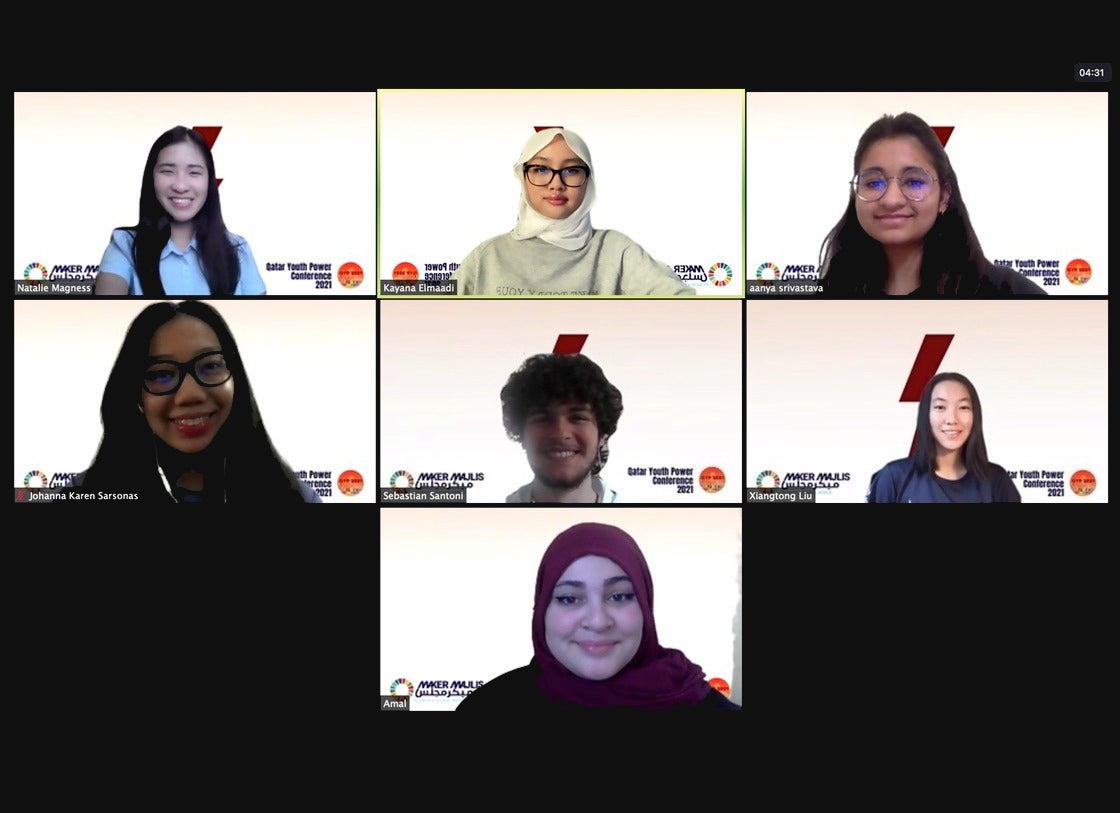
HBKU’s Maker Majlis Collaborates with the Qatar Youth Power Conference to Connect and Develop Youth
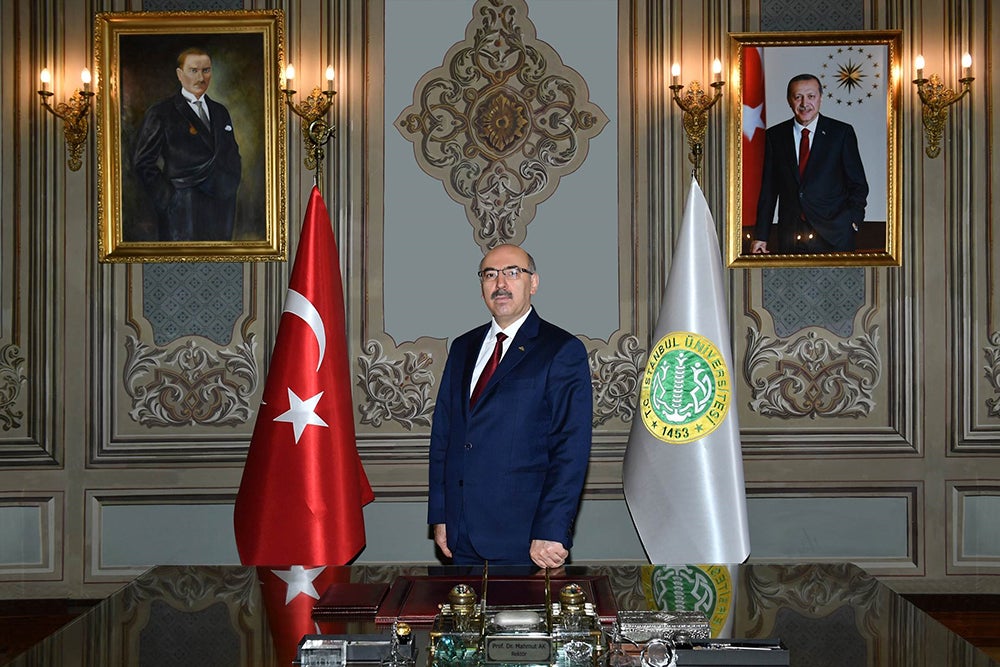
HBKU Signs Memorandum of Understanding to Collaborate with Istanbul University
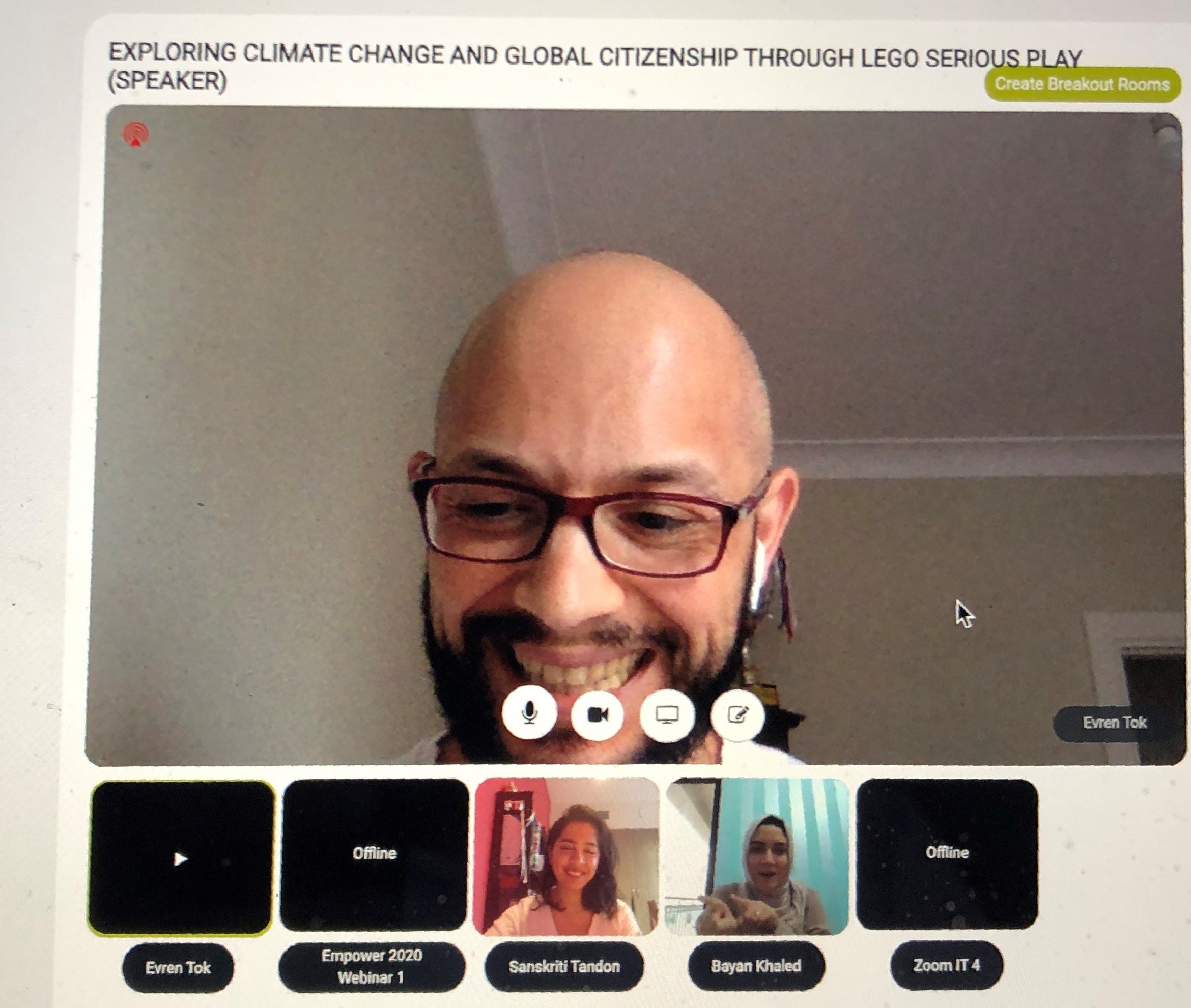
HBKU Faculty Participate at Flagship EAA Conference with Youth-Driven Workshop
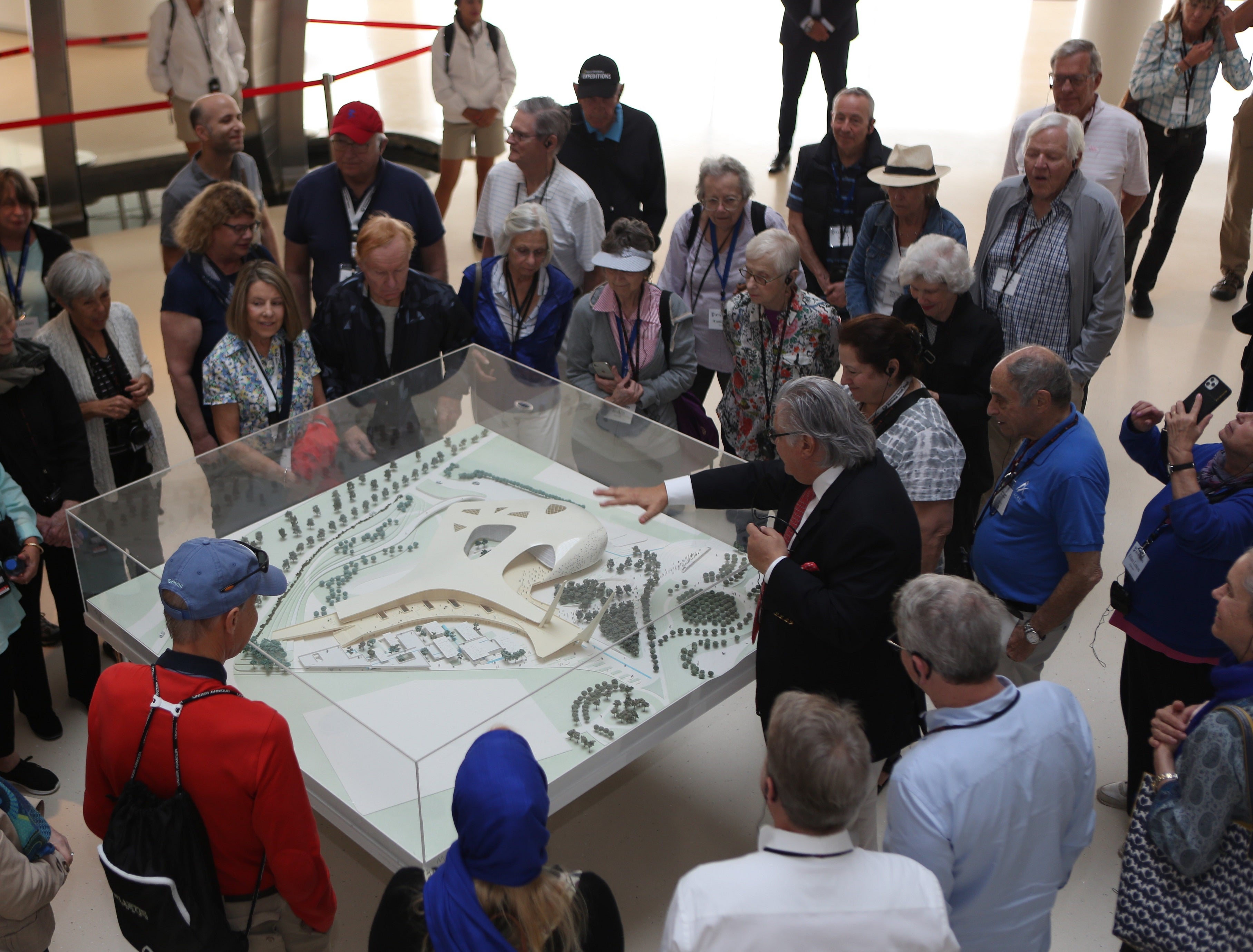
HBKU’s College of Islamic Studies Hosts Delegation from Distinguished American Institutions
